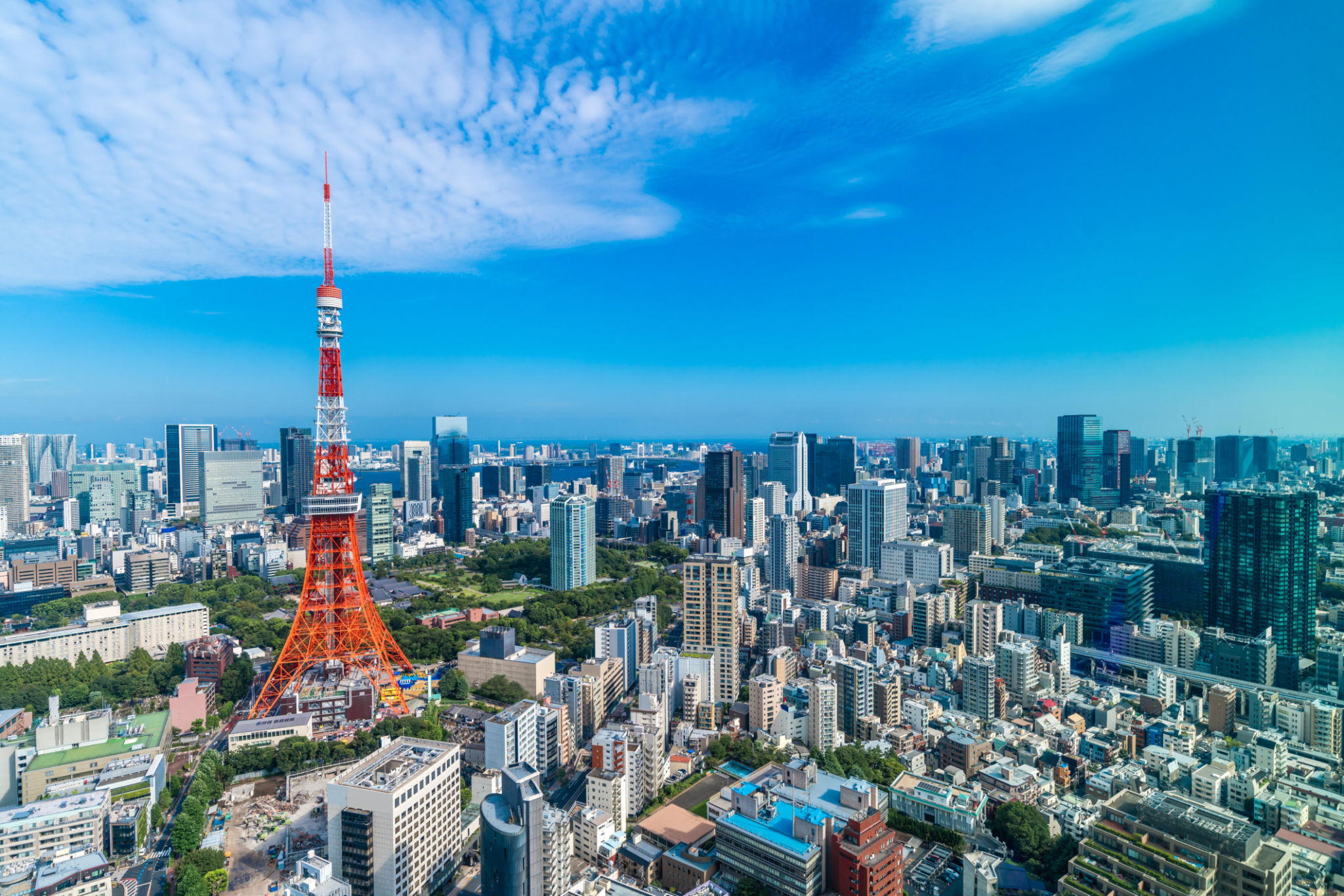Discovering Reiki in Tokyo: Local Practitioners and Their Unique Techniques
Tokyo, a city known for its bustling streets and modern innovations, also offers a serene escape through the ancient art of Reiki. This Japanese practice, which focuses on channeling energy to promote healing, has found a firm footing in the heart of Japan's capital. For those seeking tranquility amidst the urban chaos, discovering Reiki in Tokyo can be a transformative experience.

The Origins and Principles of Reiki
Reiki, meaning "universal life energy," was developed by Mikao Usui in the early 20th century. The practice is based on the idea that an unseen "life force energy" flows through us and is what causes us to be alive. If one's life force energy is low, then we are more likely to get sick or feel stress, and if it is high, we are more capable of being happy and healthy.
Reiki practitioners use a technique called palm healing or hands-on healing through which a "universal energy" is transferred through the palms of the practitioner to the client in order to encourage emotional or physical healing. This method is now being practiced worldwide, but experiencing it in its country of origin can be particularly special.
Finding Local Practitioners in Tokyo
Tokyo hosts numerous Reiki practitioners who offer a variety of unique techniques. Many of them have trained under different masters around the world and bring their own interpretations to the practice. When searching for a Reiki practitioner in Tokyo, it's important to find someone whose style resonates with you.

Some practitioners focus on traditional Usui Reiki, while others incorporate elements from other healing modalities such as meditation, yoga, or aromatherapy. It's worthwhile to explore and perhaps even try sessions with multiple practitioners to find the one that best suits your needs.
What to Expect During a Reiki Session
A typical Reiki session in Tokyo is a peaceful experience designed to relax and heal. Sessions usually last between 60 to 90 minutes. The practitioner will ask you to lie down comfortably, often on a massage table, fully clothed. Soft music may play in the background to enhance relaxation.
The practitioner will then place their hands lightly on or over specific areas of your body. There is no physical manipulation involved; rather, the focus is on shifting energy fields. Many people report feeling sensations of warmth or tingling during a session, although experiences can vary from person to person.

Exploring Different Techniques
While Usui Reiki is the most common form practiced, some Tokyo-based practitioners offer other variations such as Karuna Reiki or Jikiden Reiki. Karuna Reiki involves chanting and toning, while Jikiden Reiki stays close to the original Japanese methods, emphasizing traditional techniques and teachings.
Some practitioners also blend Reiki with other therapies like crystal healing or sound therapy. This integrative approach can provide a richer experience for those open to exploring different healing modalities.
Benefits of Practicing Reiki
The benefits of Reiki are manifold, ranging from reduced stress and anxiety to improved mood and sleep quality. Many people who undergo Reiki sessions report feeling a deep sense of relaxation and emotional clarity.
For those living in or traveling to Tokyo, engaging in a Reiki session can be an excellent way to unwind from the fast-paced city life. Whether you're seeking physical healing or mental peace, Reiki offers a gentle yet powerful path toward holistic well-being.
